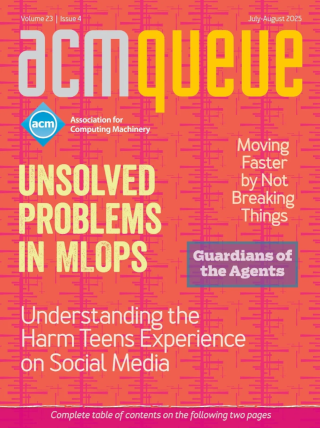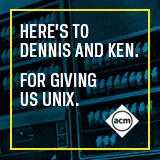
Bitcoin’s Underlying Incentives:
The unseen economic forces that govern the Bitcoin protocol
Incentives are crucial for the Bitcoin protocol’s security and effectively drive its daily operation. Miners go to extreme lengths to maximize their revenue and often find creative ways to do so that are sometimes at odds with the protocol. Cryptocurrency protocols should be placed on stronger foundations of incentives. There are many areas left to improve, ranging from the very basics of mining rewards and how they interact with the consensus mechanism, through the rewards in mining pools, and all the way to the transaction fee market itself.
Views from the Top:
Try to see things from a manager’s perspective.
Leadership is hard. None of us comes to work to do a bad job, and there are always ways we can be better. So, when you have a leader who isn’t meeting your expectations, maybe try reframing the situation and looking at things a little differently from the top down.
Operational Excellence in April Fools’ Pranks:
Being funny is serious work.
Successful pranks require care and planning. Write a design proposal and a project plan. Involve operations early. If this is a technical change to your website, perform load testing, preferably including a "dark launch" or hidden launch test. Hide the prank behind a feature flag rather than requiring a new software release. Perform a retrospective and publish the results widely. Remember that some of the best pranks require little or no technical changes at all. For example, one could simply summarize the best practices for launching any new feature but write it under the guise of how to launch an April Fools’ prank. That would be hilarious.
Reducing the Attack Surface:
Sometimes you can give the monkey a less dangerous club.
The best way to reduce the attack surface of a piece of software is to remove any unnecessary code. Since you now have two teams demanding that you leave in the code, it’s probably time to think about making two different versions of your binary. The application sounds like it’s an embedded system, so I’ll guess that it’s written in C and take it from there.
Abstracting the Geniuses Away from Failure Testing:
Ordinary users need tools that automate the selection of custom-tailored faults to inject.
This article presents a call to arms for the distributed systems research community to improve the state of the art in fault tolerance testing. Ordinary users need tools that automate the selection of custom-tailored faults to inject. We conjecture that the process by which superusers select experiments can be effectively modeled in software. The article describes a prototype validating this conjecture, presents early results from the lab and the field, and identifies new research directions that can make this vision a reality.
Cluster Scheduling for Data Centers:
Expert-curated Guides to the Best of CS Research: Distributed Cluster Scheduling
This installment of Research for Practice features a curated selection from Malte Schwarzkopf, who takes us on a tour of distributed cluster scheduling, from research to practice, and back again. With the rise of elastic compute resources, cluster management has become an increasingly hot topic in systems R&D, and a number of competing cluster managers including Kubernetes, Mesos, and Docker are currently jockeying for the crown in this space.
Titus: Introducing Containers to the Netflix Cloud:
Approaching container adoption in an already cloud-native infrastructure
We believe our approach has enabled Netflix to quickly adopt and benefit from containers. Though the details may be Netflix-specific, the approach of providing low-friction container adoption by integrating with existing infrastructure and working with the right early adopters can be a successful strategy for any organization looking to adopt containers.



